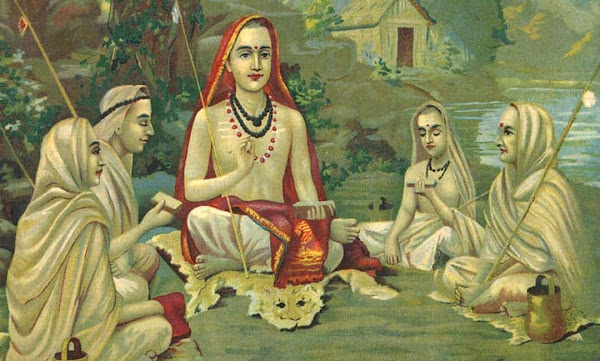Five Timeless Traits of Krishna that Resonate in the Modern Era
Five Timeless Traits of Krishna that Resonate in the Modern Era
Krishna, the multifaceted hero of the Mahabharata and revered deity in Hinduism, continues to inspire generations with his wisdom, leadership, and approach to life. His teachings and traits hold timeless relevance, resonating deeply with contemporary values and challenges. Here are five traits of Krishna that still hold significance in the modern era, illustrated with examples from our current context.
Strategic Leadership
Krishna’s role as a strategist during the Mahabharata war is legendary. Without directly engaging in combat, he guided the Pandavas to victory by focusing on strategy and foresight. In today’s context, this trait mirrors the role of effective leaders who prioritize vision and strategic planning over brute force. For instance, leaders like Mahatma Gandhi or Martin Luther King Jr. used strategy and non-violence as tools to achieve massive societal shifts. Modern business leaders also use Krishna’s leadership principles to navigate complex challenges, focusing on long-term goals rather than immediate gains.Emotional Intelligence and Relationship Management
Krishna’s relationships with different characters—from his bonds with his friends, like Arjuna, to his playful interactions with the Gopis—showcase his deep understanding of human emotions. He exemplified how to manage relationships with empathy, warmth, and wisdom. In the modern workplace, emotional intelligence is a crucial skill for leaders, allowing them to navigate interpersonal dynamics effectively. CEOs and team leaders who understand and manage their teams’ emotions are more successful in building cohesive and motivated work environments.Adaptability and Resilience
Krishna’s life was marked by constant change, from his birth in a prison cell to his youth in Gokul and later leadership in Dwarka. His ability to adapt and remain resilient in the face of uncertainty is a trait that resonates in today’s rapidly changing world. Whether it’s navigating the digital revolution, surviving economic fluctuations, or coping with global challenges like the pandemic, adaptability remains key. Entrepreneurs, for instance, need to pivot their strategies swiftly in response to market demands, just as Krishna adapted his methods depending on the situation.Ethical Pragmatism
One of Krishna’s most discussed traits is his pragmatic approach to ethics. The Bhagavad Gita highlights this when he advises Arjuna to focus on duty (Dharma) without getting entangled in the results. Krishna’s approach blends idealism with practicality—adapting ethics to suit the context without losing sight of moral responsibility. In modern times, professionals and decision-makers often face ethical dilemmas where rigid rules may not offer the best outcomes. Krishna’s lessons encourage finding a balanced path that aligns moral integrity with real-world considerations.Inclusivity and Compassion
Krishna’s love and respect for all beings, irrespective of their status, race, or gender, reflect a deeply inclusive mindset. His friendships spanned across social hierarchies, promoting the idea that divinity lies in every individual. In the modern world, where diversity and inclusion are increasingly valued, Krishna’s inclusivity is particularly relevant. Corporate cultures today emphasize diverse teams, equitable opportunities, and empathetic leadership. Social movements for equality, environmental justice, and global harmony reflect this universal compassion Krishna embodied.
In conclusion, Krishna’s timeless traits continue to provide guidance and inspiration in our modern lives. Whether it’s leading with strategy, navigating relationships with empathy, adapting to change, balancing ethics with pragmatism, or embracing inclusivity, these qualities are essential in addressing the challenges of our era. As we reflect on Krishna’s teachings, we find that they still offer profound insights for creating a better, more harmonious




Comments
Post a Comment